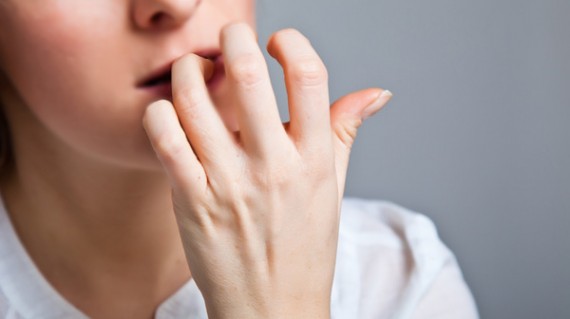24 / 05 / 2023
Nail Biter?? This Blog May Be All You Need To Stop This Harmful Habit!
Nail biting or onychophagia is a compulsive stress relieving habit that can cause pathological changes if it persists for a long period of time. Often people indulge in this habit out of sheer boredom or when they are deeply engrossed in something. Though more prevalent among children and teenagers, it often extends to adulthood. It is mostly regarded as a nervous habit that is unsanitary and harmful for general health. However, few people pay attention to the effect it has on dental health.

Negative effects of nail biting on oral health:
1. Chipped/fractured teeth
Though nails are more brittle than teeth, hard chewing of nails can chip a tooth edge. The primary reason is that when you bite your nails, the repetitive and forceful hitting of the upper and lower teeth leads to chipping. In some cases, it may also lead to more advanced teeth fractures. The repetitive motion the teeth get engaged in also wear the teeth down quickly.
2. Orthodontic treatment interference
The nail biting habit is particularly damaging in people wearing braces. This is because the teeth are already under steady pressure and the additional force generated on teeth due to nail biting may lead to root resorption. It can have a detrimental effect on the orthodontic treatment.
3. Create gaps in between front teeth
This is likely to occur only when children are habituated to nail biting from a very young age. As teeth are not strong at a young age, this habit leads to gaps between the front teeth. Nonetheless, this condition may only arise for kids who continuously bite their nails between the teeth.
4. Temporomandibular joint disorder (TMD)
Persistent nail biting is often accompanied by pain in the temporomandibular joint and tenderness in facial muscles. This is probably due to the repetitive force applied during chewing nails.
5. Introduction of bacteria in the mouth
The insides of the nails often harbor germs that get introduced in the oral cavity, thereby increasing the chances of infection. In rare cases, if a small snipped off nail remains in the mouth or between the teeth, it can lead to inflammation of the gums or even gum abscess.
Treatment for nail biting
Nail biting is often observed in conjunction with other oral habits such as bruxing. Though occasional biting of nails is not a matter of concern, chewing of the nails that persists till adulthood cannot be ignored. For compulsive nail chewers treatment becomes imperative due to a risk for damaging teeth and the skin around the nails. The treatment needs to address the cause as well as employ habit reversal techniques.
1. Often with children, it is advised to apply nail polish with a bitter taste over the nails. This serves as a deterrent to the child. Another advice is to cover the fingers with a glove which again serves as a reminder. However, these methods are likely to work only if the child is motivated to give up the habit.
2. For adults, opting for periodic manicure or keeping nails short or trimmed may also help to control the urge to chew nails.
3. Since nail biting is often an outcome of boredom, finding means to keep the hands busy is another option. One can use drawing, writing, playing a musical instrument and so on to keep the fingers occupied.
4. It is worthwhile to have regular dental checkups to deal with the dental repercussions.
GET IN TOUCH WITH US
- 3 Duke Street Court
- Bridge Street
- Kingsbridge
- TQ7 1HX











